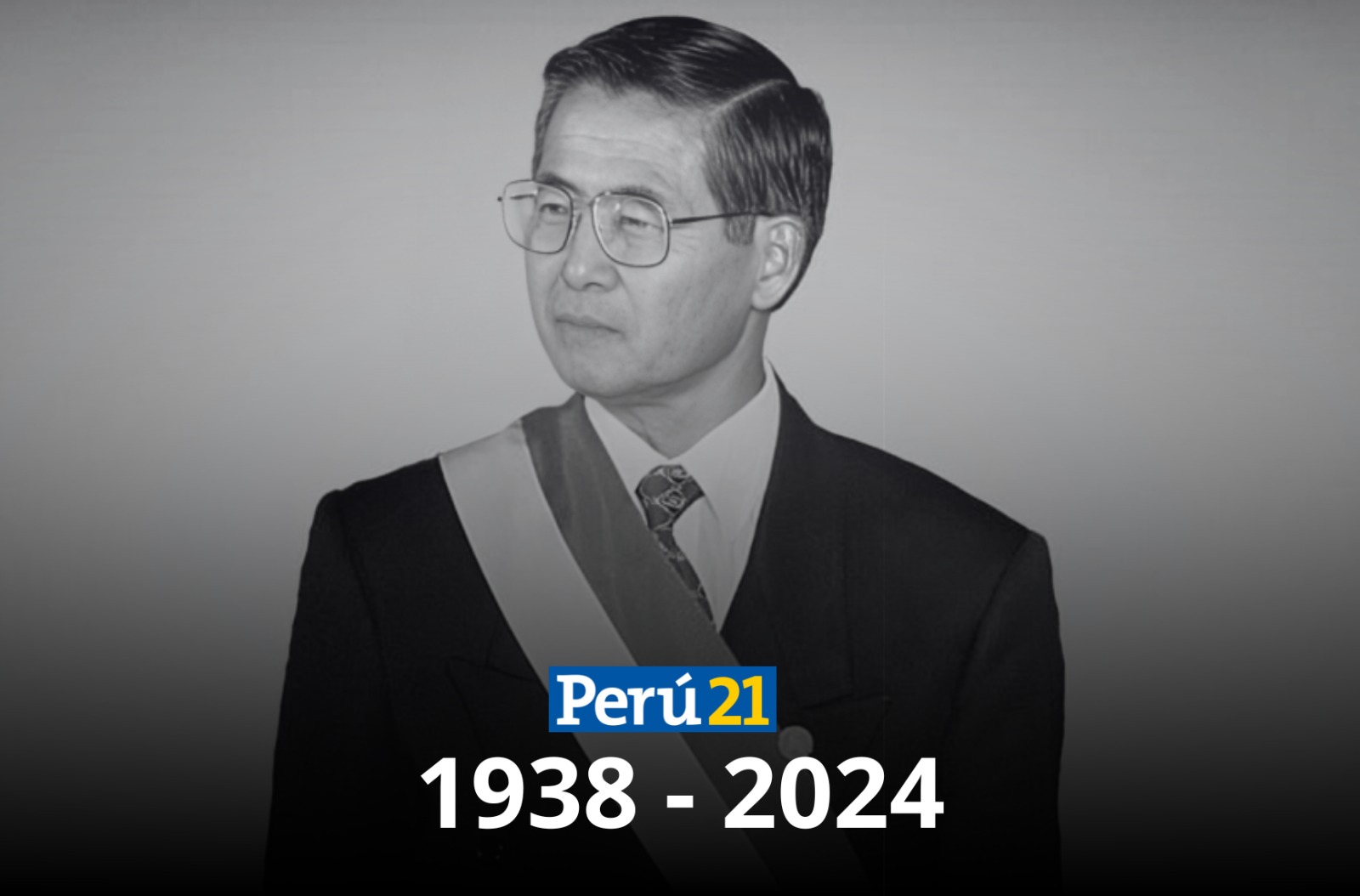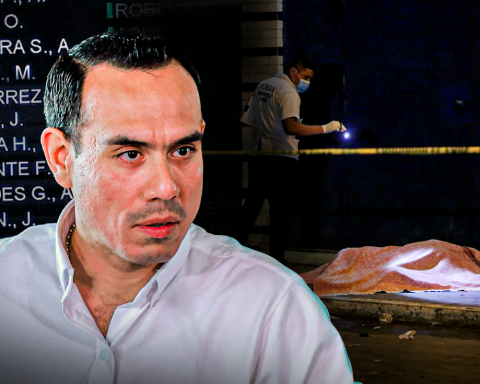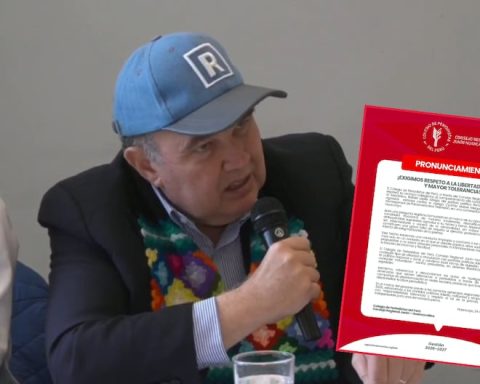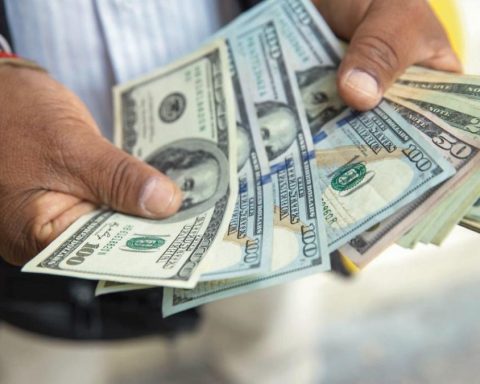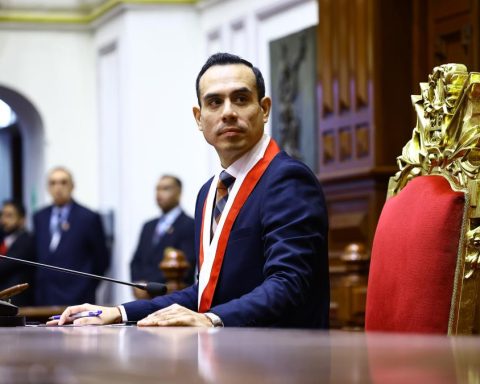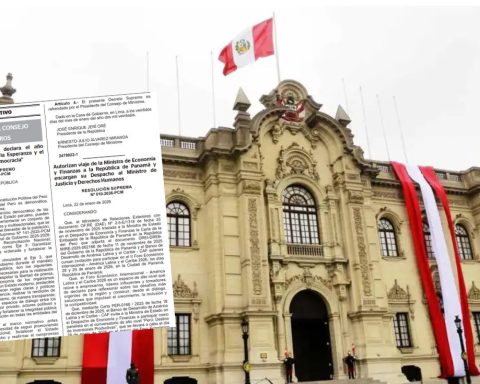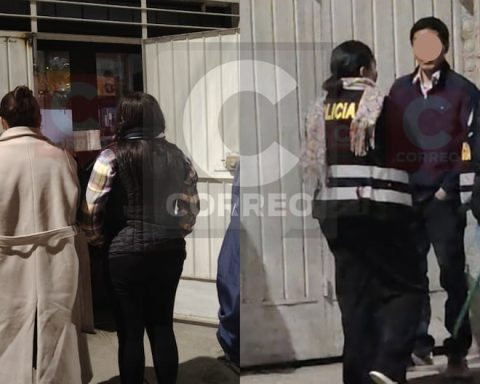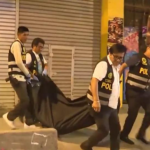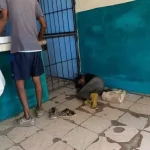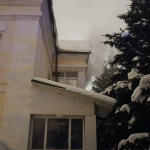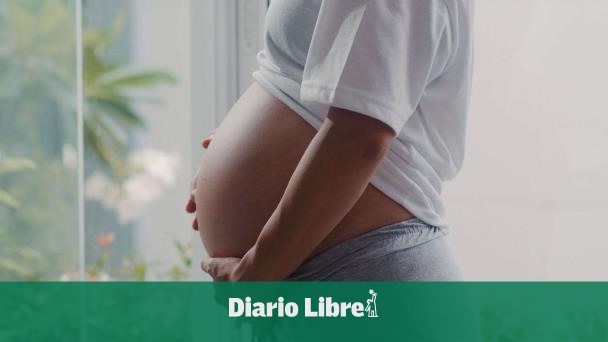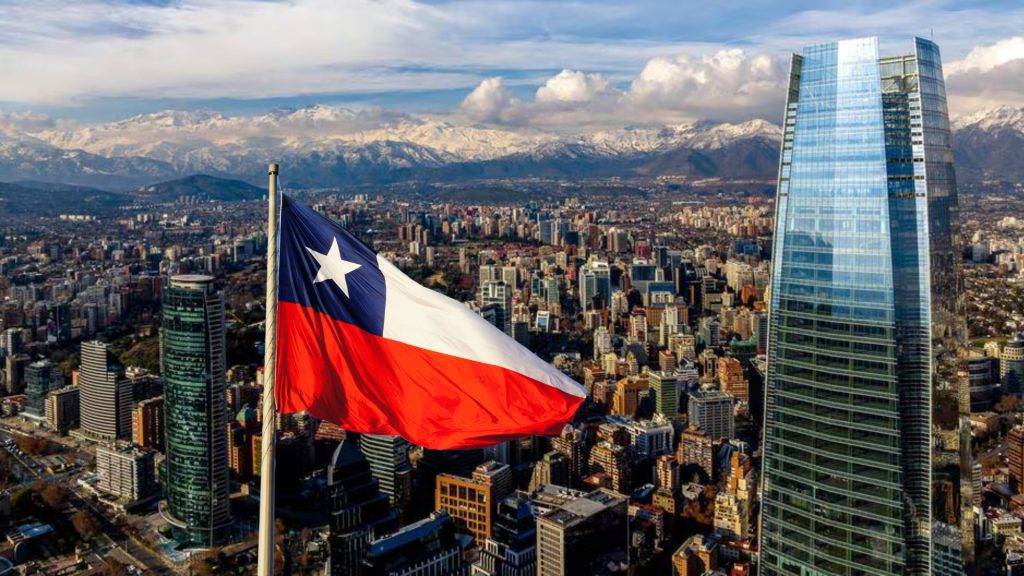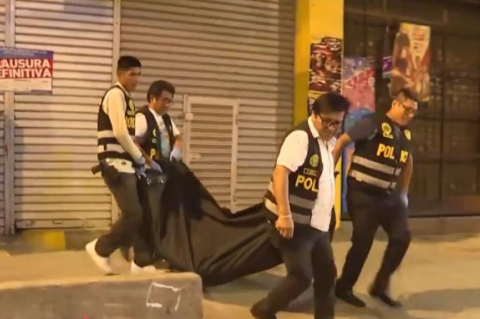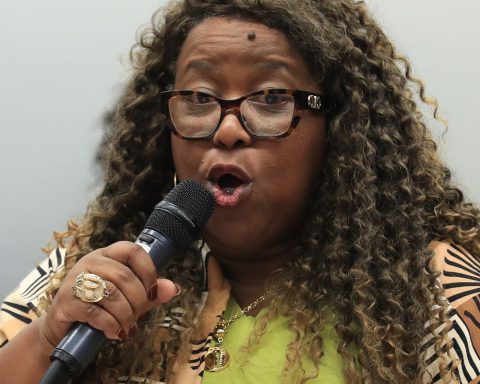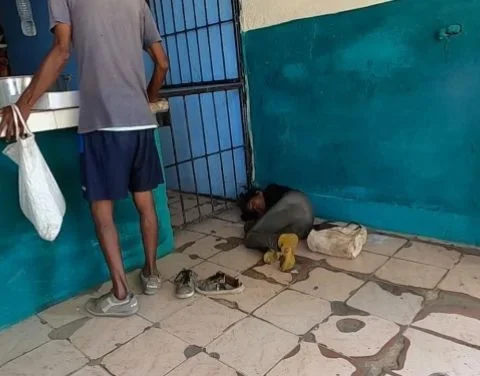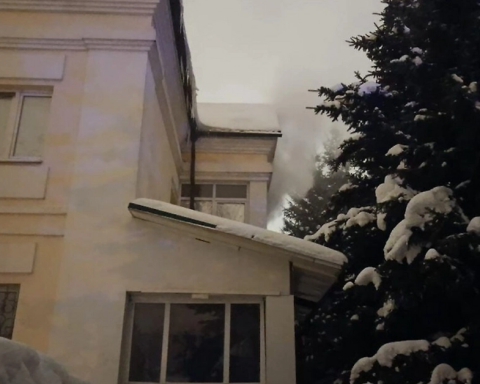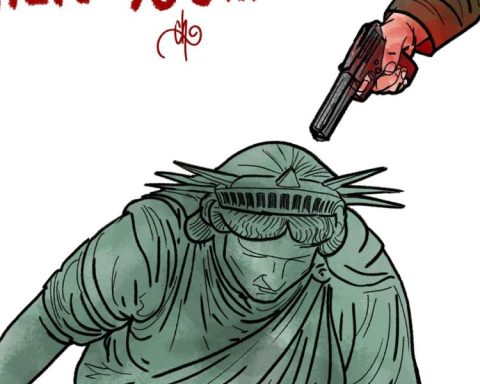The former president Alberto Kenya Fujimori Inomoto He died today at the age of 86. His life was marked by controversy, between those who accuse him of having been a dictator and those who claim that he was the savior of Peru in the 1990s.
His lawyer, Elio Riera, confirmed the news on social media. However, minutes later he deleted the post.
Later, his daughter Keiko Fujimori also gave a heartfelt message: “After a long battle with cancer, our father, Alberto Fujimori, has just departed to meet the Lord. We ask those who appreciated him to accompany us with a prayer for the eternal rest of his soul. Thank you for so much, Dad!”
After a long battle with cancer, our father, Alberto Fujimori, has just departed to meet the Lord. We ask those who loved him to accompany us with a prayer for the eternal rest of his soul.
Thanks for so much dad!
Keiko, Hiro, Sachie and Kenji Fujimori.— Keiko Fujimori (@KeikoFujimori) September 11, 2024
LOOK: Alberto Fujimori: What illnesses does the former president suffer from?
Strange historical coincidences
Fujimori died on exactly the same day as the genocidal Abimael Guzmán, leader of the terrorist movement Sendero Luminoso, also at the same age.
Life of Alberto Fujimori
July 28, 1990: Alberto Fujimori, a university professor, assumes the presidency of Peru after defeating writer Mario Vargas Llosa in the elections. The country was facing a severe economic crisis and the Shining Path was at its peak.
November 3, 1991: Fifteen people, including an eight-year-old boy, were extrajudicially executed by agents of the paramilitary group ‘Colina’ in the Barrios Altos area, located in the center of Lima, according to details from the Truth Commission in its final report.
April 5, 1992: Fujimori, with the support of the Armed Forces, closes Congress and intervenes in the Judiciary in a so-called “self-coup“.
July 18, 1992: Nine students and a professor from the Enrique Guzmán y Valle “La Cantuta” National University of Education in Lima were extrajudicially executed by state agents, the Truth Commission detailed in its final report.
September 12, 1992: The leader of the Shining Path, Abimael Guzmán, was captured, which significantly reduced the terrorist group’s attacks.
July 28, 1995: Fujimori assumes his second term in office in Peru, after defeating former United Nations Secretary General Javier Pérez de Cuéllar in the elections.
December 17, 1996: Terrorists from the Tupac Amaru Revolutionary Movement (MRTA) stormed a party at the residence of the Japanese ambassador in Lima and took hundreds of hostages, including Fujimori’s mother, who was released a few hours later along with other people.
April 22, 1997: A military commando frees the 72 hostages held in the Japanese ambassador’s residence. One hostage, two soldiers and the 14 terrorists were killed.
October 26, 1998: Peru and Ecuador signed a peace deal after a 22-day conflict in 1995 that left dozens dead, ending decades of territorial disputes.
July 28, 2000: Fujimori assumed the presidency again after defeating economist Alejandro Toledo in an election plagued by accusations of fraud.
September 14, 2000: Opponents of the government released a video showing the then head of intelligence, Vladimiro Montesinos, paying 15,000 dollars to a legislator to defect to the government. The scandal forced Fujimori to call early elections a few days later.
October 29, 2000: Montesinos fled the country on a sailboat. In 2001 he was sent back to Peru after being captured in Venezuela. He is currently serving a sentence for several crimes, including arms trafficking to the Colombian FARC guerrilla group, for which he received a 20-year prison sentence.
November 13, 2000: Fujimori traveled to a summit in Brunei. A few days later he arrived in Tokyo, from where he resigned from the presidency of Peru by fax.
November 21, 2000: The Peruvian Congress declared the presidential vacancy due to “moral incapacity” of Fujimori, who was temporarily replaced by legislator Valentín Paniagua.
July 30, 2003: The Toledo government announced that it had requested Fujimori’s extradition from Japan. The request was not resolved during the five years that the former president remained in that country.
November 6, 2005: The former president traveled on a private plane and arrived unexpectedly in Chile.
January 3, 2006: Peru has formalized its extradition request to Chile.
September 21, 2007: Chile’s highest court has confirmed that it has approved Fujimori’s extradition to Peru.
September 22, 2007: Fujimori arrived in Peru from Chile and was prosecuted on charges of corruption and human rights abuses, including the Barrios Altos and La Cantuta massacres.
March 7, 2009: Fujimori was sentenced to 25 years in prison. The sentence was ratified in the final instance on December 31.
December 24, 2017: President Pedro Pablo Kuczynski granted a humanitarian pardon to Alberto Fujimori due to his health condition.
October 3, 2018: The Supreme Court annulled Alberto Fujimori’s pardon due to “irregularities” in its granting.
December 5, 2023: The Constitutional Court ordered the release of Alberto Fujimori, despite the ruling of the Inter-American Court of Human Rights.
September 11, 2024: Alberto Fujimori died at the age of 88 after suffering from cancer.
Take advantage of the NEW EXPERIENCE: receive our enhanced digital newspaper by email or WhatsApp. Peru21 ePaper Check out our plans!
RECOMMENDED VIDEO
